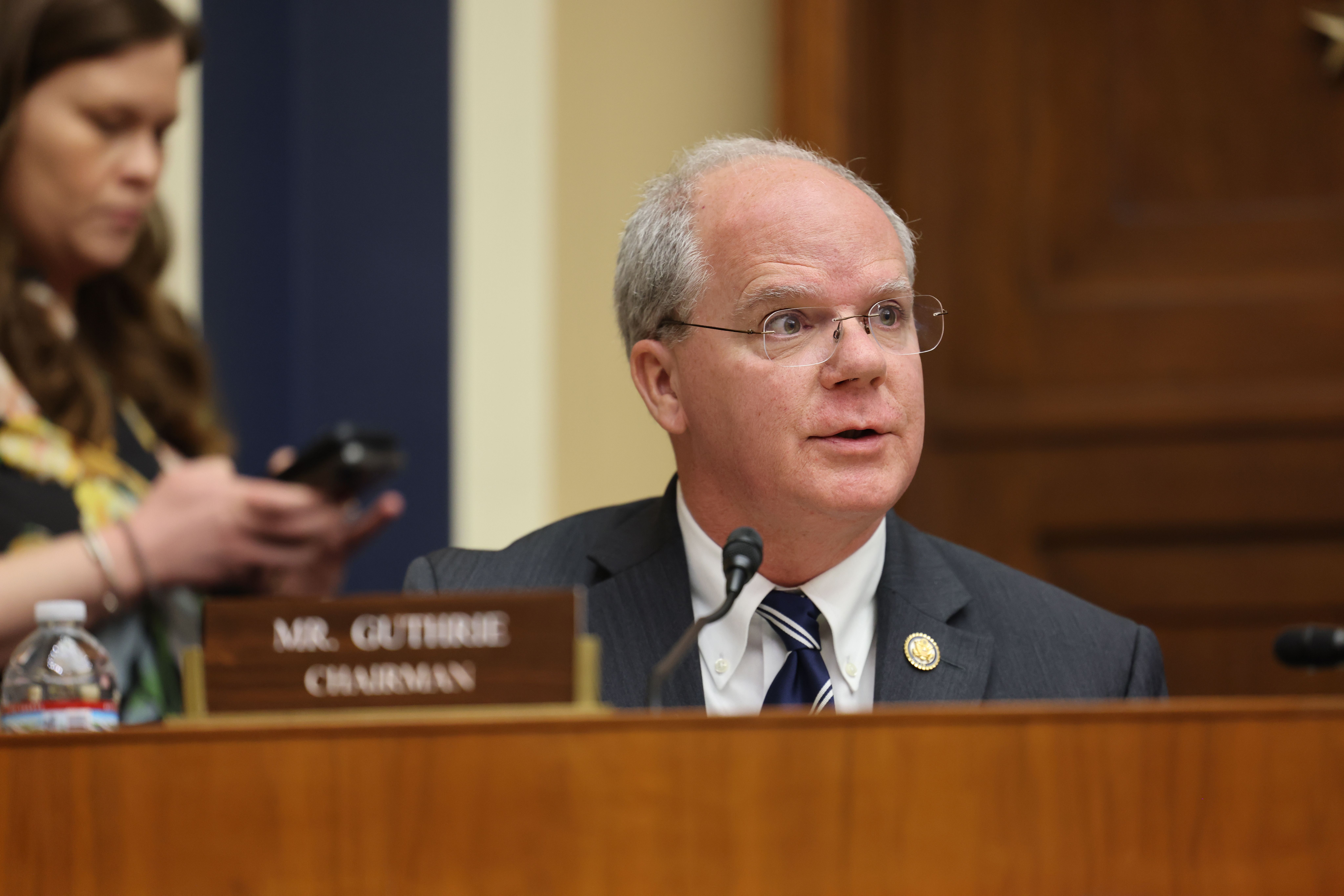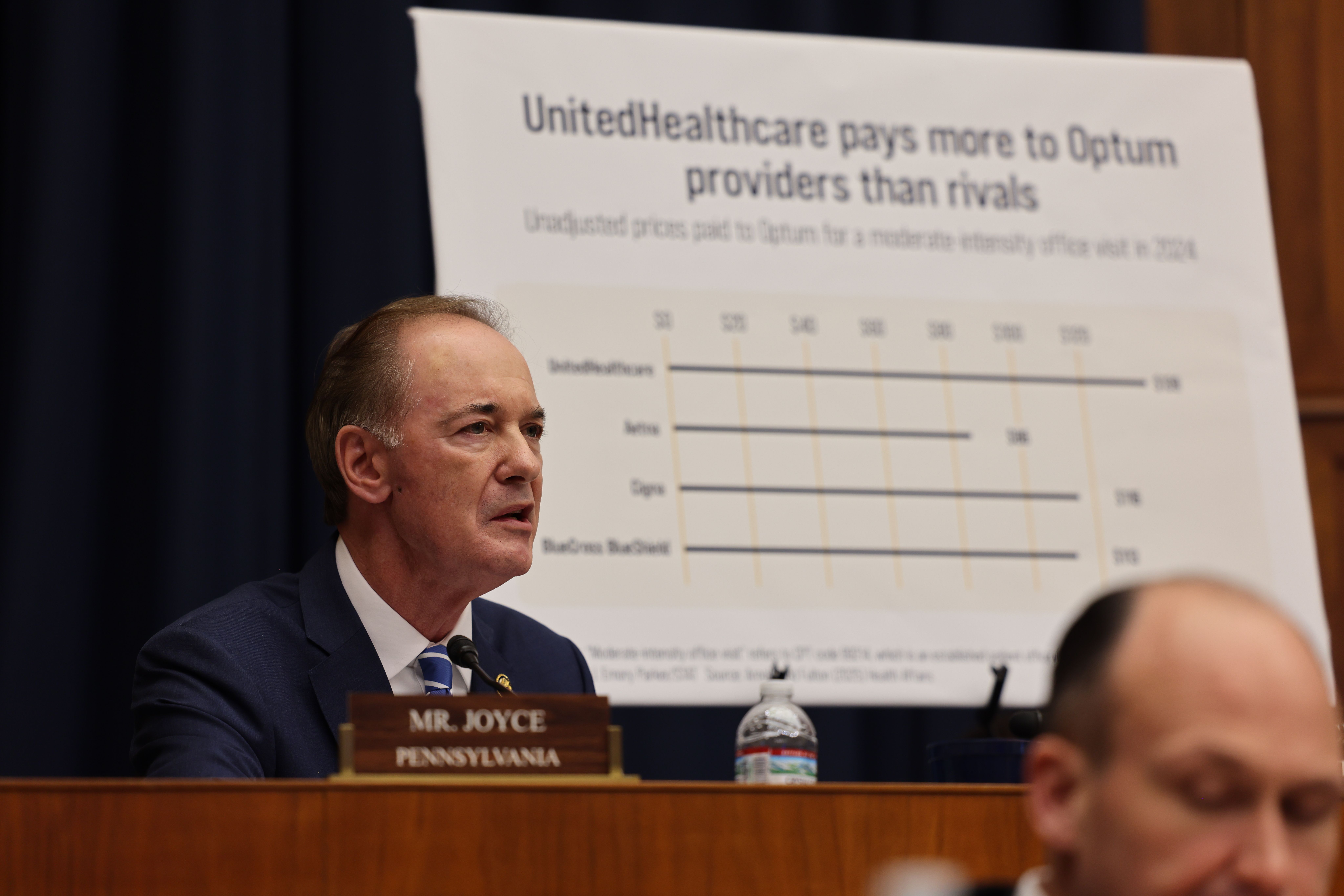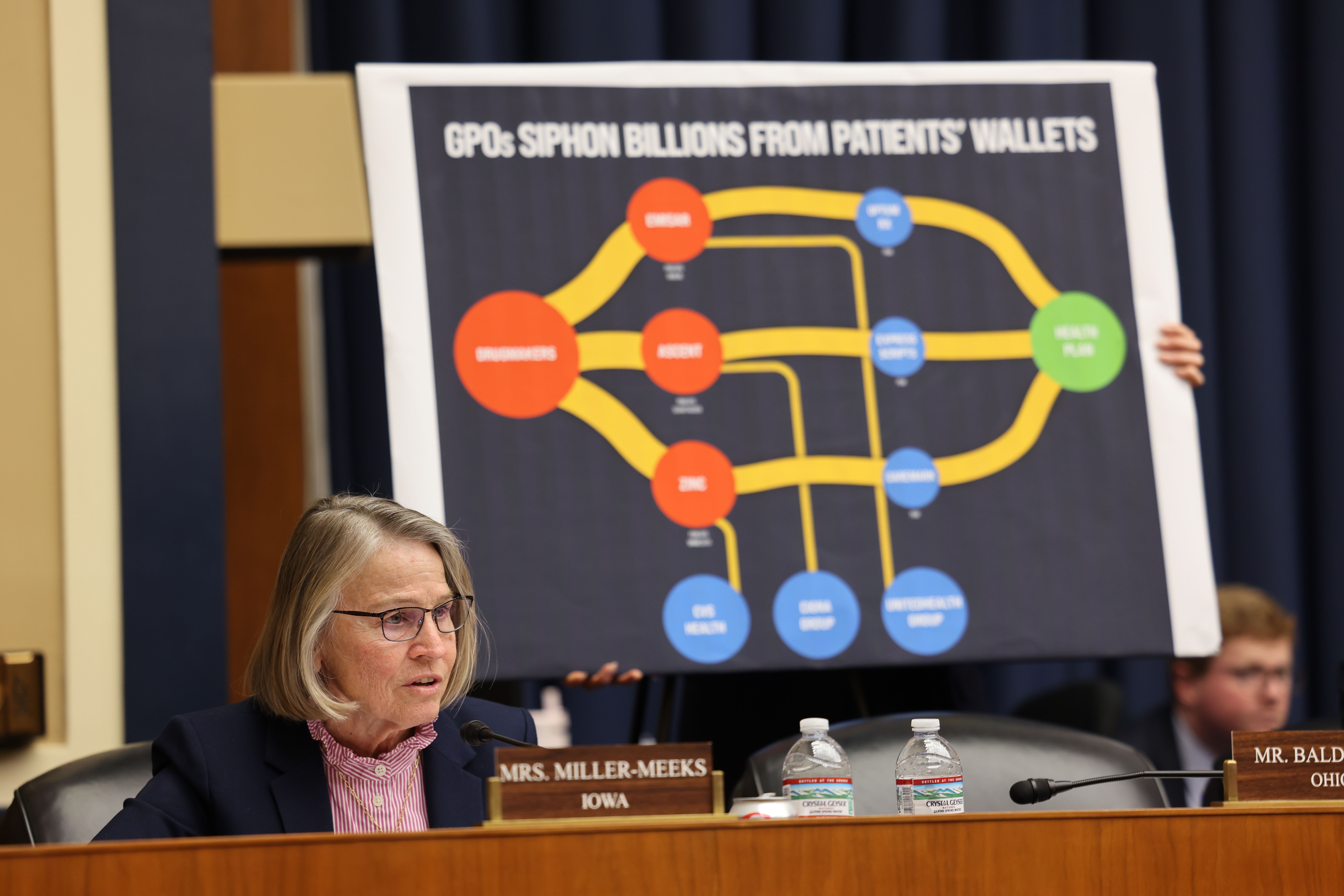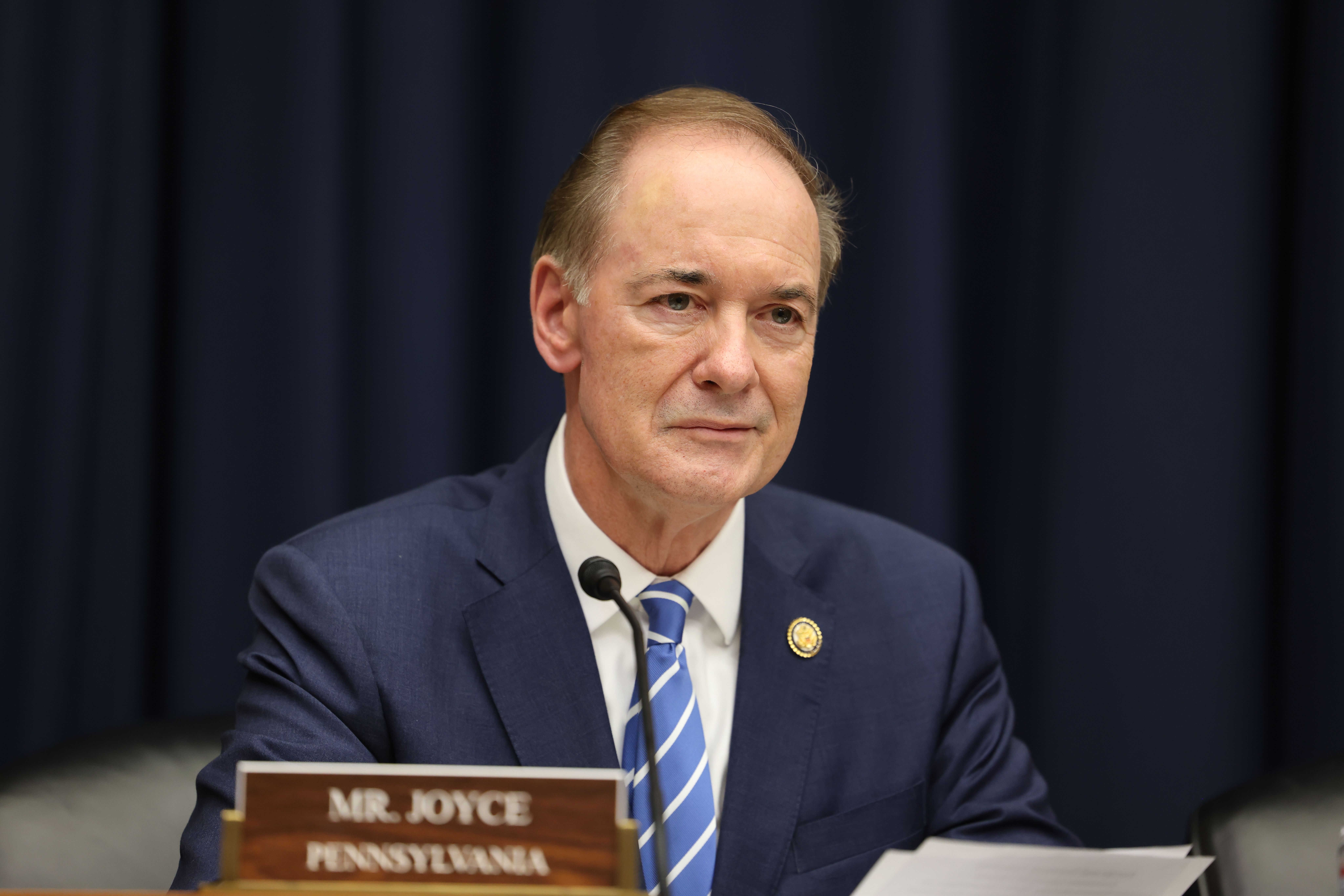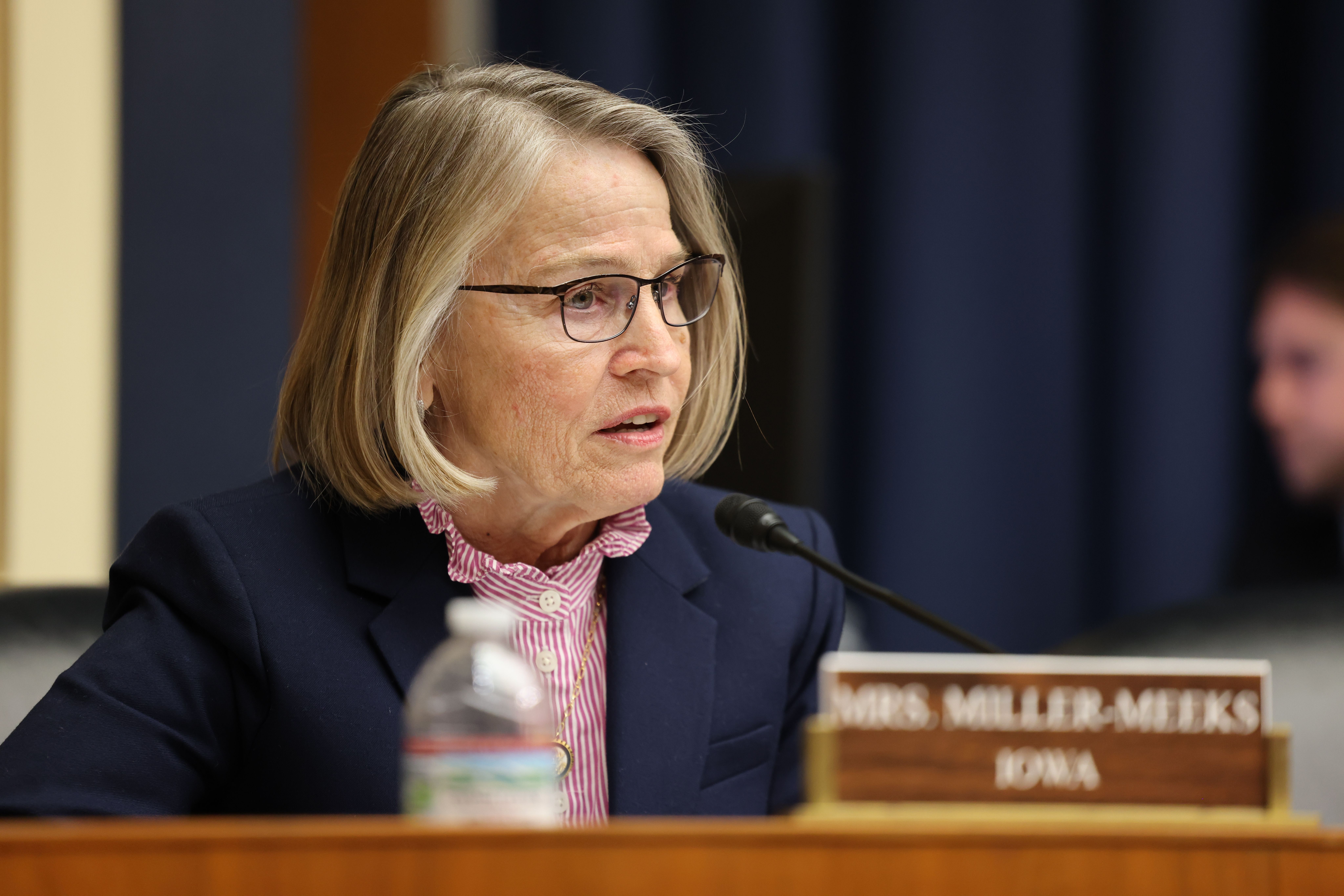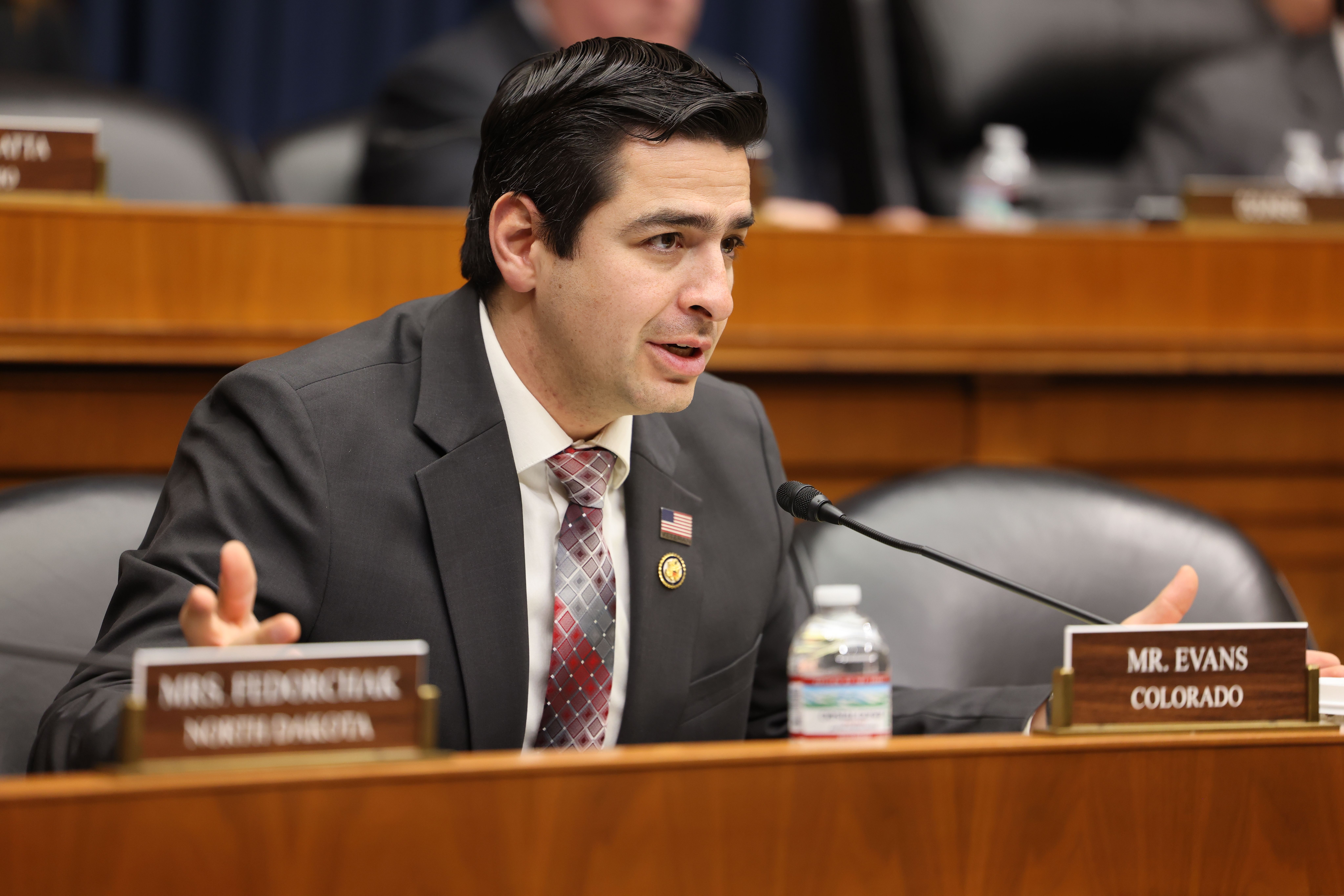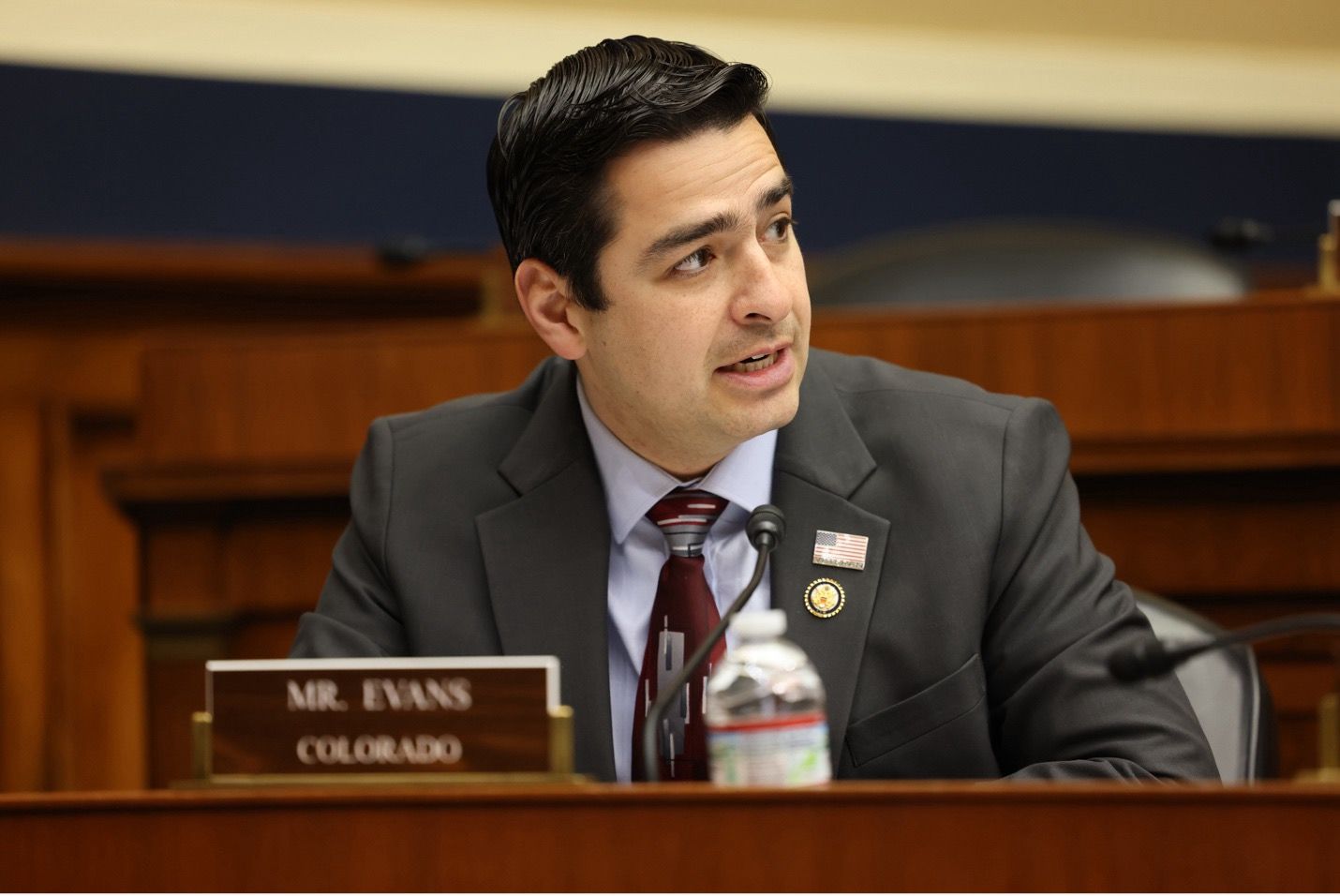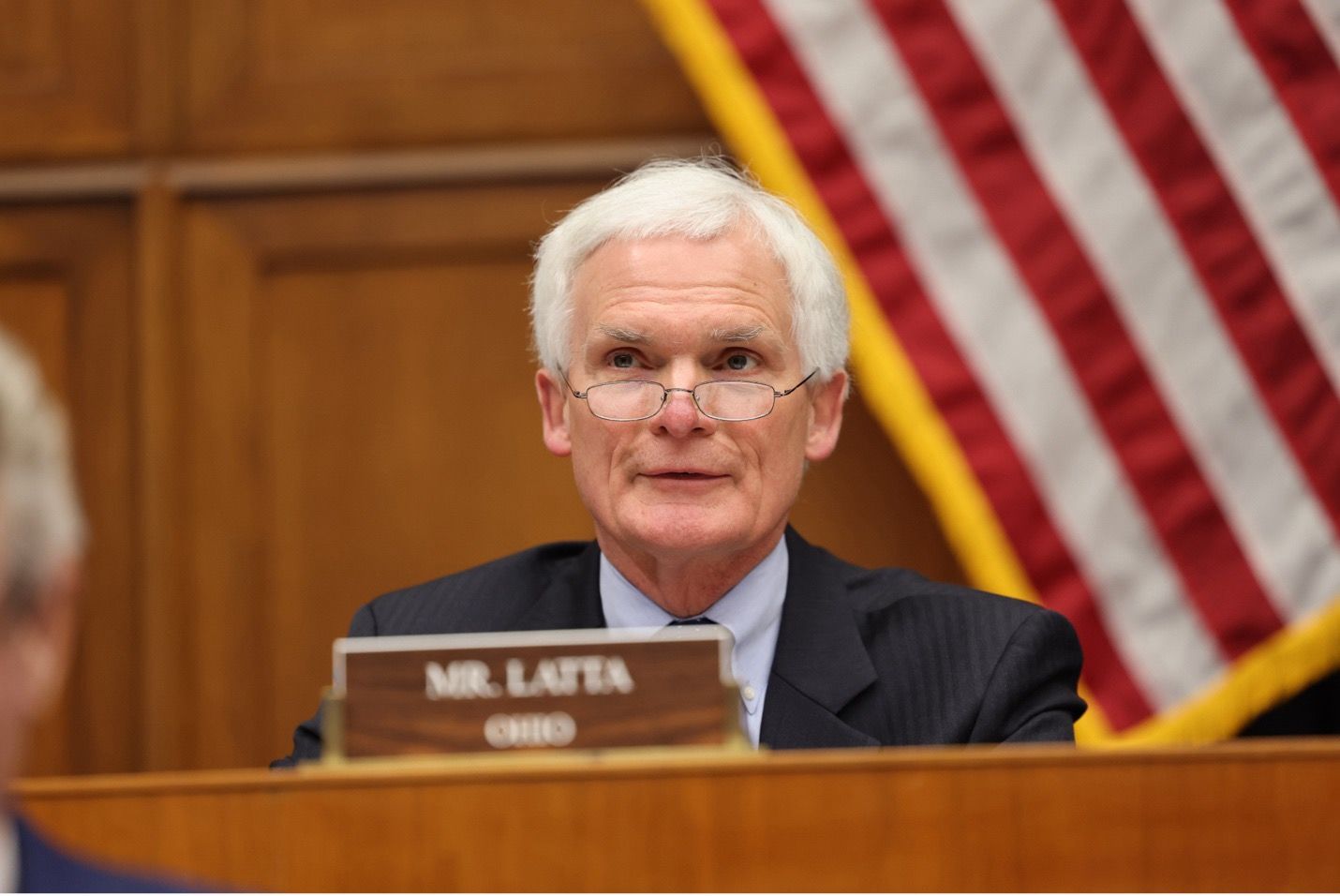WASHINGTON, D.C.– Congressman Morgan Griffith (VA-09), Chairman of the Subcommittee on Health, delivered the following opening statement at today’s hearing titled Lowering Health Care Costs for All Americans: An Examination of Health Insurance Affordability.
Subcommittee Chairman Griffith’s opening statement as prepared for delivery:
“Today we will discuss health care costs and patient access challenges by examining affordability across the entire health insurance marketplace.
“This hearing builds on work Republicans have done this Congress to address health care affordability.
“We plan to have future hearings with other leaders and experts across the health care continuum to understand the root causes of rising health care costs.
“Specifically, this hearing will focus on the role insurers play in the delivery of care.
“The insurance market is dominated by a handful of Fortune 50 corporations that control the majority of the national market.
“In some states, a single insurer may even control 80 or 90 percent of a particular market.
“The biggest health insurers today often manage several facets of the health care supply chain, such as owning the pharmacy benefit managers; the group purchasing organizations; multiple provider groups; and specialty or mail-order pharmacies.
“Even with owning those, complicated benefit designs, narrow networks, prior authorization requirements, and opaque coverage decisions often leave patients feeling like they are paying more for less.
“The market also lacks transparency and is not easily navigable.
“One contributor to health insurance unaffordability for millions of Americans is the so called ‘Affordable Care Act,’ also known as Obamacare, that was signed into law in 2010.
“When Democrats passed Obamacare, without Republican support, they sold the bill on the promises that premiums would fall, competition would rise, and ‘if you like your insurance plan, you will keep it.’
“Instead, Obamacare has increased health care costs, warped incentives, federalized benefits, restricted plan design, and limited access to care.
“Many patients have fewer plan choices than they did before Obamacare was enacted. In fact, a constituent told me recently that his family only has one provider option. Therefore, Obamacare coverage is not translating to patient or taxpayer affordability.
“Unfortunately, employer-sponsored insurance is also becoming unaffordable, and, each year, more American small businesses choose not to offer health insurance because it is too costly.
“This impacts the ability for a small business to be competitive and attract talent.
“We know two things are true:
“Competition is essential for patient access! Lack of competition and consolidation within the insurance marketplace has led us to higher health care costs as a whole.
“The health care system needs to work for patients.
“That means empowering individuals with real choices, transparent prices, and coverage that fits their needs.
“We must strive to have more competitive plan options that reward quality and focus on affordability, access, and outcomes.
“Our discussion today is meant to move beyond politics and spur debate about how we can work toward delivering meaningful, innovative solutions for the Americans that we serve.
“We owe it to patients to get to the root causes of the challenges we see across the health sector, and I look forward to hearing from our witnesses.”
